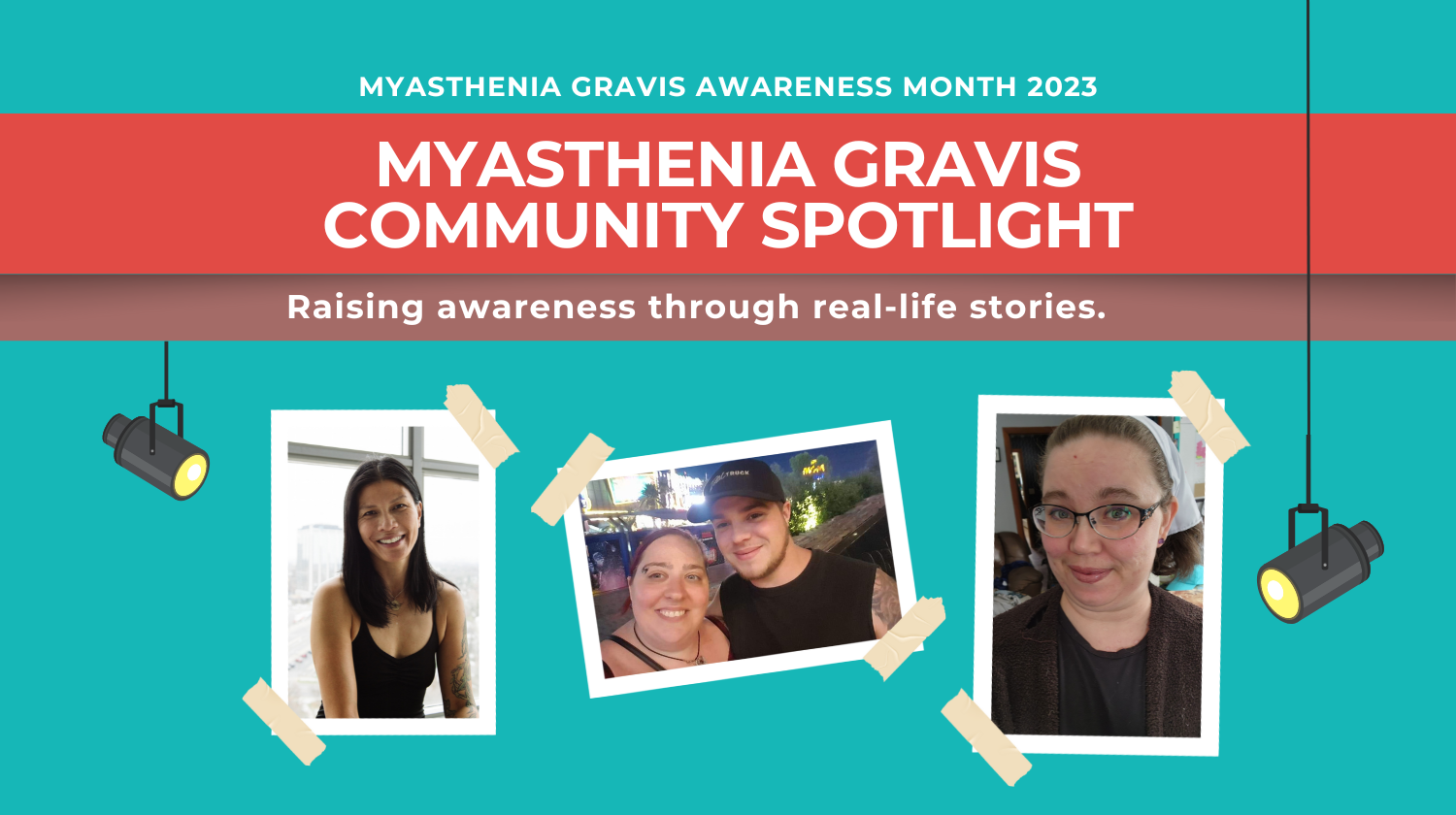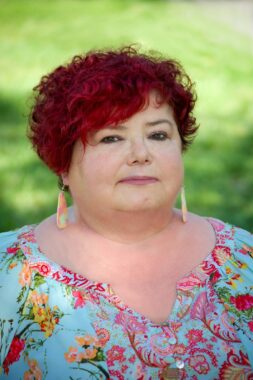My mission is to promote greater myasthenia gravis awareness


(Photo courtesy of Kathi Timothy)
This is Kathi Timothy’s story:
As a child, I remember pleading with my mother to please believe me. Believe me that I will clean my room after I go to a friend’s house. Believe me that I really did study. Believe me.
Decades later, I still find myself begging for belief. This time, though, it’s not my mom I’m pleading with but rather healthcare professionals. I have seronegative myasthenia gravis and often find myself face to face with medical professionals who do not believe me.
While I was incredibly lucky during my diagnostic journey, I had a frightening experience when I was brought by ambulance to a different hospital. I was in a crisis and intubated shortly after arriving. When I was extubated three days later, I realized the neurologist didn’t believe in seronegative myasthenia gravis. My biggest fear had become a reality.

A young Kathi. (Photo courtesy of Kathi Timothy)
I became fearful of meeting any new healthcare professionals. I delayed reaching out for help because of this fear. I even started to question myself.
Some patients suffer from anticipated stigma in various scenarios. The chronic pain patient may feel stigma when requesting a refill of their prescription, while getting the prescription filled, or even when taking the medication. The seronegative myasthenia gravis patient may anticipate disbelief when seeking out the care of a new neurologist. They may fear their diagnosis will be stripped of them. They may fear that current treatments will be stopped.
I do my best to recognize when I am experiencing anticipated stigma. I now have a copy of my repetitive nerve study results in my “go binder” — which is handed to medical professionals and includes my medical history and other pertinent information — and saved on my phone. I have found that self-advocacy has become my best weapon against anticipated and experienced stigma.
For myasthenia gravis awareness month in June, I wish for our collective stories to reach the healthcare professionals who do not understand MG, and particularly seronegative MG. I know that someday they will. We just have to keep telling our stories.
In recognition of Myasthenia Gravis Awareness Month in May, the MG Community Spotlight campaign features a series of stories highlighting the real-life experiences of people affected by MG, written in their own words. Follow us on Facebook and Instagram for more stories like this, using the hashtag #MGSpotlight, or read the full series.






